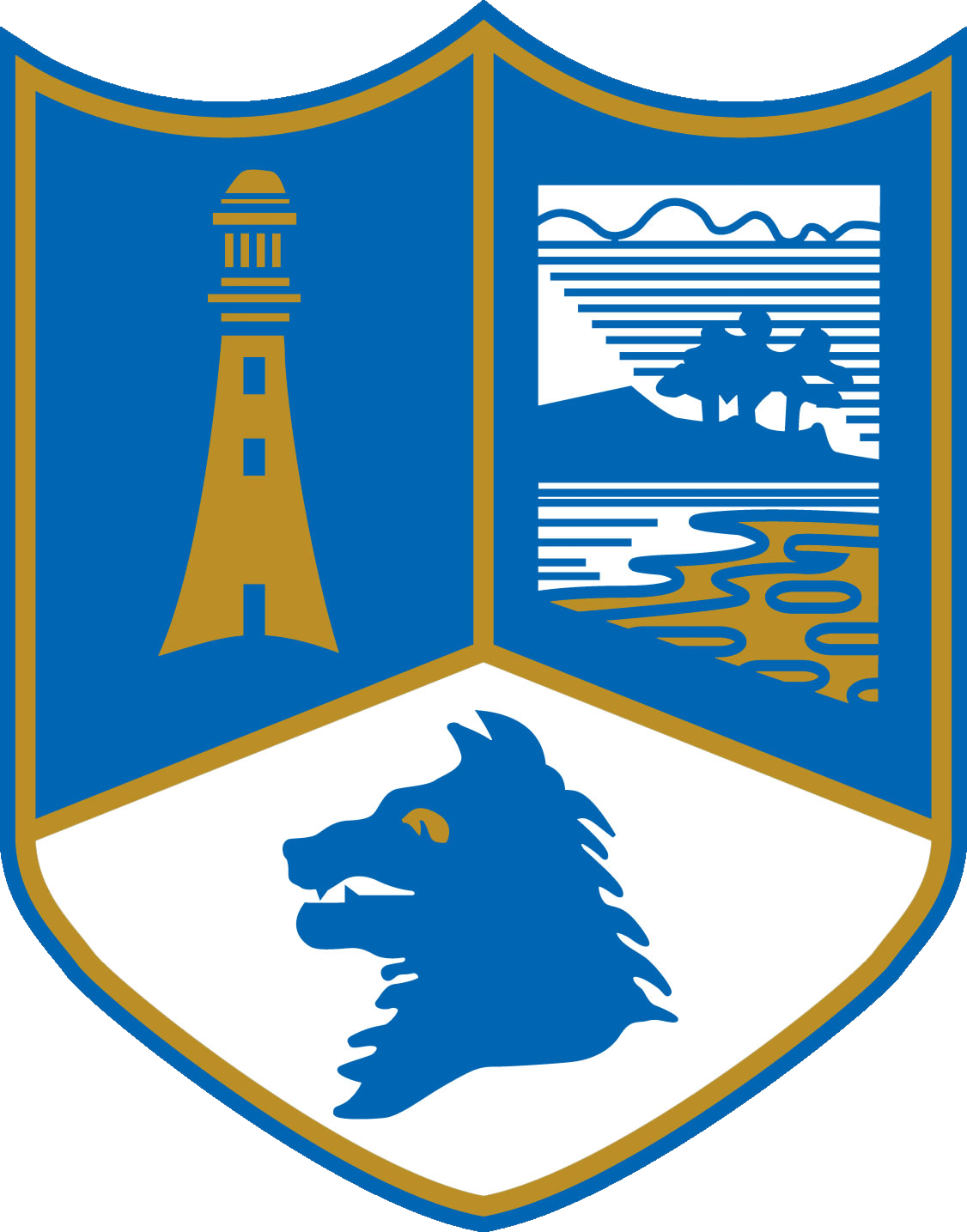More in this Section
Y7 Geography

Head of Department
Mr T Reader
Organisation of the subject:
Pupils have 2x 50 minute lessons a week.
Key Concepts (The big ideas underpinning the subject)
- Geographical concepts such as the interaction between physical and human processes and the formation and use of landscapes and environments. Pupils will use these skills to make connections, draw contrasts, analyse trends and interpret a range of sources of geographical information using maps, diagrams, globes, aerial photographs and Geographical Information Systems (GIS).
- Understanding of the methods of geographical enquiry in order to communicate geographical information in a variety of ways, including through maps, numerical and quantitative skills and writing at length.
- Consolidation and extension of knowledge of the world’s major countries and gaining an awareness of increasingly complex geographical systems in the world.
What will your child be learning?
Year 7 pupils start the year developing their map skills, from simple techniques such as 4 figure grid references to more complex skills and interpretation of Ordnance Survey maps. During the second half term pupils look at tectonic processes including in depth studies of volcanic and earthquake events. Weather and climate is covered at the start of the Spring Term, again with a focus on key geographical concepts, and through the study of the latest examples. In the final term we study settlements, with particular focus on urban land use, and developing fieldwork skills by carrying out ‘virtual fieldwork’ in Manchester. Students are also able to carry out their own local fieldwork project. To finish the year, Year 7 are taken on a tour of Diverse Places, a topic that takes pupils from the Middle East to Brazil, with a variety of stops in between.
Key 'Learning Capacities' in this subject
- Be able to work both independently and collaboratively, both in the classroom and on location during fieldwork.
- Develop confidence in answering questions and asking for help when required.
- Apply techniques used in previous years and in other subjects.
- Inspire pupils’ curiosity to learn more about the world around them.
How will your child be learning?
- Small group work
- Independent research
- One to one discussions with teachers
- Extended projects
- Fieldwork opportunities (of both a human and a physical geography nature)
How will learning be assessed?
- Monitoring homework and classwork.
- Regular assessments per that work to consolidate learning and allow for pupils to identify strengths and weaknesses in their geographical studies.
- Peer and self assessment opportunities.
What can you do to support your child?
- Support homework through research and encourage pupils to look in a variety of places.
- Make reference to place knowledge during discussions with your child.
- Foster an environment of interest in geography by watching geographical programmes about a variety of places and spaces.
- Engage in discussions about what leaning has taken place.
Equipment needed for this subject
- Pens, pencils, ruler, highlighters, coloured pencils, calculator (on occasion).
Extra-Curricular/Enrichment Opportunities
- Opportunities for local field trips
